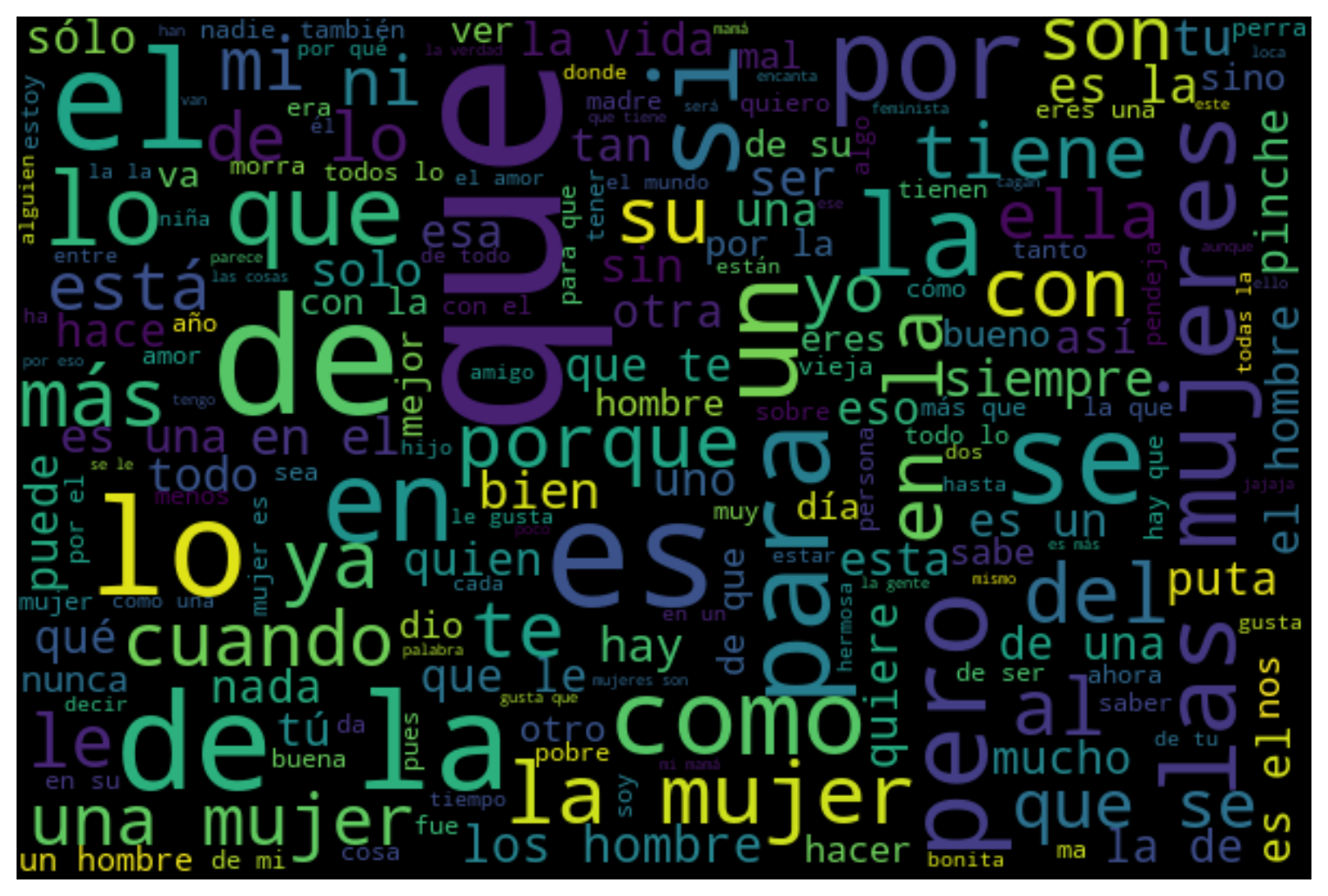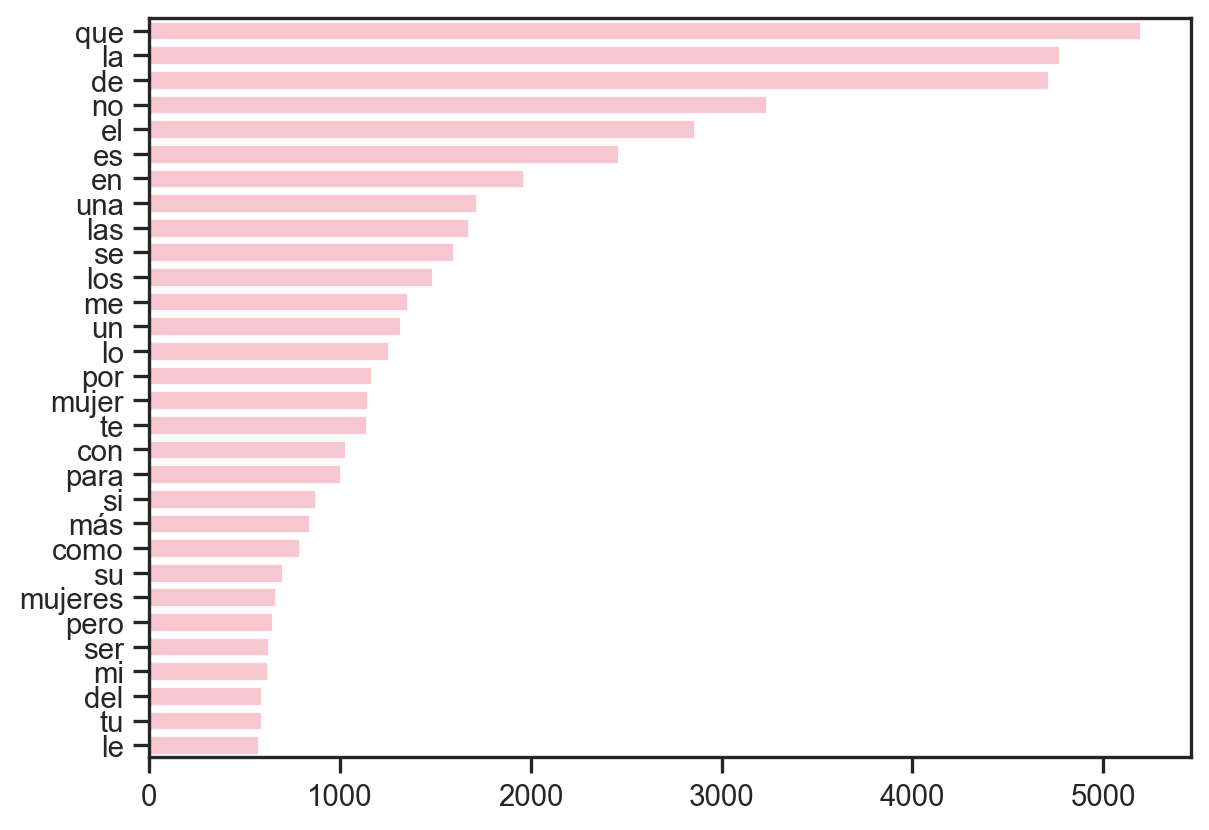import pandas as pd
import numpy as np
import nltk;
nltk.download('punkt')
nltk.download('averaged_perceptron_tagger')
nltk.download('wordnet')
nltk.download('stopwords')
import matplotlib.pyplot as plt
%matplotlib inline
import nltk
from nltk import word_tokenize, sent_tokenize
from nltk.corpus import stopwords
from nltk.stem import LancasterStemmer, WordNetLemmatizer, PorterStemmer
from wordcloud import WordCloud, STOPWORDS
from textblob import TextBlob
from nltk.sentiment import SentimentIntensityAnalyzer[nltk_data] Downloading package punkt to
[nltk_data] C:\Users\valer\AppData\Roaming\nltk_data...
[nltk_data] Package punkt is already up-to-date!
[nltk_data] Downloading package averaged_perceptron_tagger to
[nltk_data] C:\Users\valer\AppData\Roaming\nltk_data...
[nltk_data] Package averaged_perceptron_tagger is already up-to-
[nltk_data] date!
[nltk_data] Downloading package wordnet to
[nltk_data] C:\Users\valer\AppData\Roaming\nltk_data...
[nltk_data] Package wordnet is already up-to-date!
[nltk_data] Downloading package stopwords to
[nltk_data] C:\Users\valer\AppData\Roaming\nltk_data...
[nltk_data] Package stopwords is already up-to-date!
